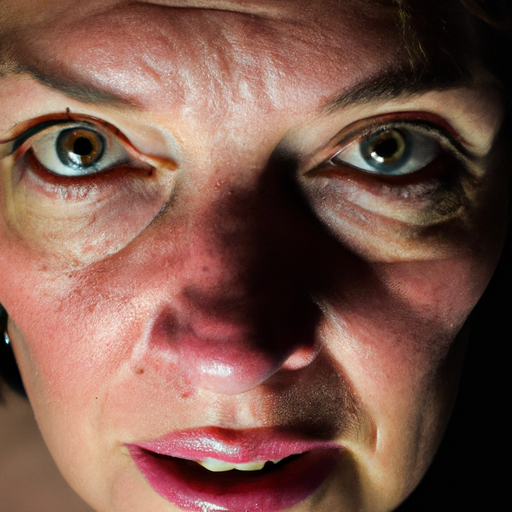Title: Unmasking Clear Skin: Top Acne Relief Strategies Revealed by Dermatologists
Acne is a common skin condition that affects millions of people worldwide. It can be a source of discomfort and can significantly impact self-esteem. However, with the right strategies, achieving clear skin is possible. In this article, we delve into the top acne relief strategies as revealed by leading dermatologists.
Firstly, understanding the root cause of acne is crucial. Acne occurs when your hair follicles become plugged with oil and dead skin cells. This can lead to whiteheads, blackheads, or pimples. Hormonal changes, diet, stress, and certain medications can also trigger acne.
One of the top acne relief strategies recommended by dermatologists is maintaining a consistent skincare routine. This includes cleansing your face twice daily with a gentle, non-comedogenic cleanser to remove excess oil and dead skin cells. It’s also essential to moisturize your skin with a non-oily product. Over-drying your skin can lead to increased oil production, which can exacerbate acne.
Exfoliation is another key strategy in combating acne. Regular exfoliation helps remove dead skin cells that can clog pores and lead to breakouts. However, it’s important to avoid harsh scrubs, as they can irritate the skin and worsen acne. Instead, opt for a gentle chemical exfoliant with ingredients like salicylic acid or glycolic acid.
Dermatologists also recommend topical treatments containing benzoyl peroxide or retinoids for acne relief. Benzoyl peroxide kills bacteria that cause acne and helps remove excess oil and dead skin cells. Retinoids, on the other hand, promote cell turnover and prevent hair follicles from becoming clogged.
Another effective acne relief strategy is making dietary changes. Research suggests that certain foods, such as dairy products and carbohydrate-rich foods, may trigger acne. Therefore, adopting a balanced diet rich in fruits, vegetables, lean proteins, and whole grains can help improve skin health.
Stress management is also crucial in acne relief. High stress levels can increase oil production in the skin, leading to more breakouts. Techniques such as yoga, meditation, and regular exercise can help reduce stress and improve overall skin health.
In some cases, prescription medications may be necessary to treat severe or persistent acne. These may include oral antibiotics, hormonal therapies, or isotretinoin. It’s important to consult a dermatologist to determine the best treatment plan for your specific needs.
Lastly, dermatologists advise against picking or squeezing pimples as it can lead to scarring and further skin infections. Instead, seek professional help for severe acne or cysts.
In conclusion, achieving clear skin requires a combination of consistent skincare, healthy lifestyle habits, and in some cases, medical treatment. It’s important to remember that everyone’s skin is unique, and what works for one person may not work for another. Therefore, it’s crucial to consult a dermatologist for personalized advice and treatment. With the right strategies, you can effectively manage acne and enjoy healthier, clearer skin.
Keywords: Acne, Clear Skin, Dermatologists, Acne Relief Strategies, Skincare Routine, Exfoliation, Topical Treatments, Dietary Changes, Stress Management, Prescription Medications.



